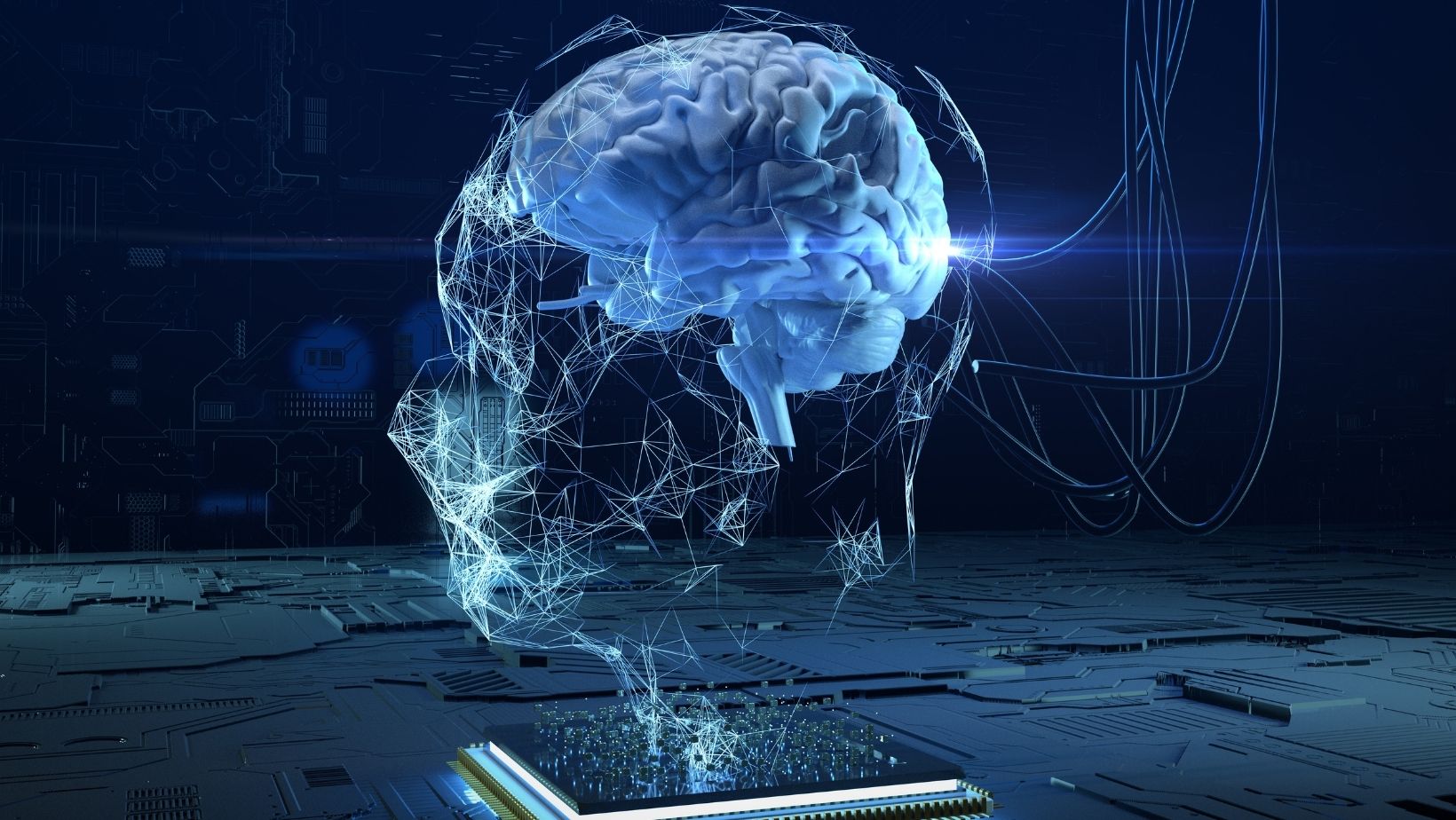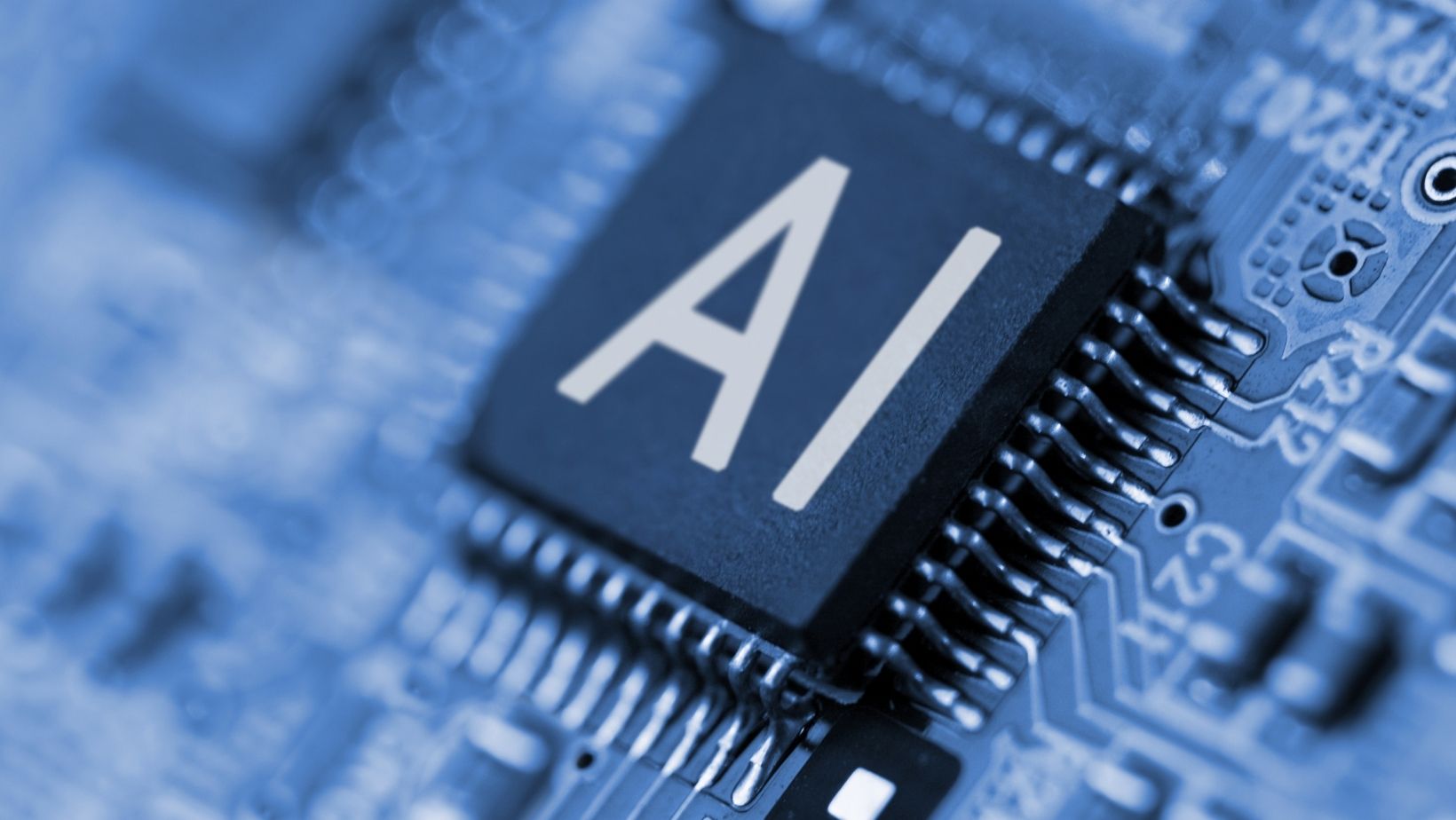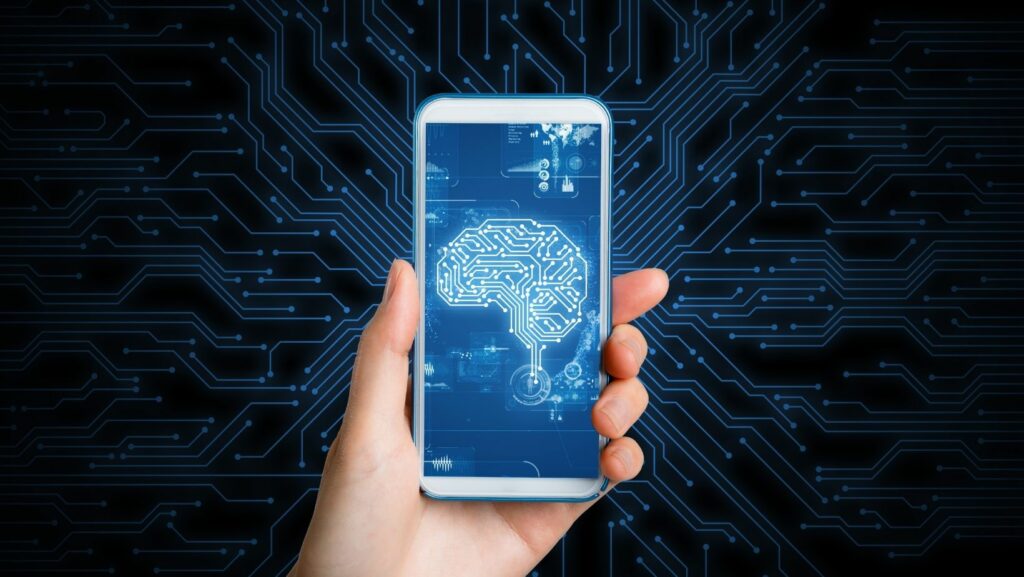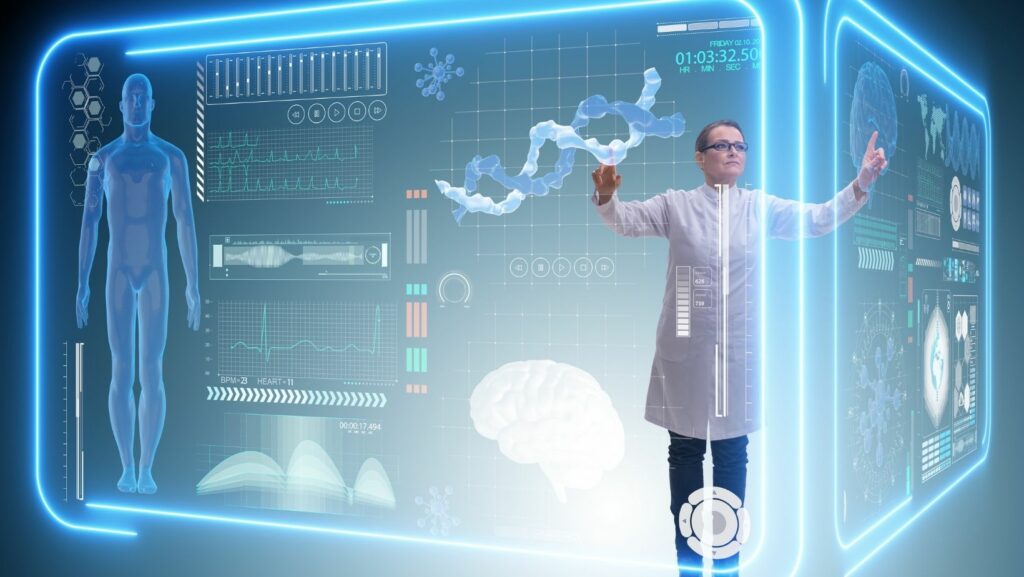
In the ever-evolving landscape of healthcare, the integration of artificial intelligence into electronic health records is revolutionizing patient care. Healthcare providers are leveraging AI technology to streamline processes, enhance diagnostic accuracy, and improve overall patient outcomes. By harnessing the power of machine learning and predictive analytics, electronic health records are becoming more efficient and effective than ever before. With AI algorithms analyzing vast amounts of patient data in real-time, healthcare professionals can make more informed decisions, personalize treatment plans, and predict potential health risks. This synergy between electronic health records and artificial intelligence is paving the way for a new era of proactive and personalized healthcare delivery.
Electronic Health Records Artificial Intelligence
Electronic health records enhanced by artificial intelligence technology are revolutionizing patient care in the healthcare sector. Through the integration of AI, healthcare providers can optimize processes, elevate diagnostic precision, and boost overall patient outcomes. This amalgamation is ushering in a new era of proactive and tailored healthcare delivery, fundamentally reshaping the healthcare landscape.
Improving Healthcare Efficiency

By leveraging artificial intelligence, electronic health records are streamlining healthcare operations, reducing administrative burden, and enhancing workflow efficiency. AI algorithms can automate repetitive tasks, such as documentation and data entry, allowing healthcare professionals to focus more on patient care. This increased efficiency leads to faster decision-making, improved resource allocation, and ultimately, better patient experiences.
Enhancing Data Accuracy
Artificial intelligence algorithms play a pivotal role in enhancing the accuracy and reliability of data within electronic health records. Through machine learning capabilities, AI can identify patterns, anomalies, and trends in patient data, aiding in more precise diagnoses and treatment plans. By ensuring data integrity and completeness, AI-powered electronic health records contribute to better-informed clinical decisions, ultimately improving the quality of patient care.
Key Technologies in EHR AI
Machine Learning Models
Machine learning models play a pivotal role in electronic health records artificial intelligence. They enable the analysis of vast amounts of healthcare data to predict outcomes, identify trends, and offer personalized insights for patients’ treatment plans.
Natural Language Processing
Natural Language Processing (NLP) is another essential technology in EHR AI. It allows healthcare systems to extract valuable information from unstructured medical texts, such as doctor’s notes and patient records, facilitating more efficient data interpretation and decision-making processes.
Challenges of Integrating AI with EHR Systems
When integrating AI with EHR systems, several challenges need to be addressed to ensure the seamless adoption and utilization of advanced technologies in healthcare settings.
Security and Privacy Concerns

Ensuring the security and privacy of patient data is paramount when integrating AI with EHR systems. With the increasing sophistication of cyber threats, healthcare organizations must implement robust security measures to safeguard sensitive medical information. Compliance with regulations such as HIPAA (Health Insurance Portability and Accountability Act) is essential to prevent data breaches and unauthorized access to patient records. Encryption, access controls, and regular security audits help mitigate risks and protect patient confidentiality in AI-enhanced EHR environments.
Implementation Costs
One of the significant challenges of integrating AI with EHR systems is the associated implementation costs. Developing, implementing, and maintaining AI technologies within EHR platforms requires substantial financial investments. From acquiring AI software licenses to training healthcare staff on new technologies, the upfront costs can be significant. Additionally, ongoing expenses for system upgrades, maintenance, and support further add to the financial burden. Healthcare organizations need to carefully assess their budget constraints and ROI expectations before embarking on AI integration projects to ensure cost-effectiveness and sustainability.
Future Trends in EHR AI
As technology continues to advance, the future of electronic health records (EHR) integrated with artificial intelligence (AI) looks promising. Healthcare providers will increasingly rely on AI-driven insights to deliver more personalized and efficient patient care. Overcoming challenges related to data security and cost considerations will be crucial for widespread adoption. With ongoing developments in AI algorithms and data analytics, EHR systems will evolve to better support clinical decision-making and improve healthcare outcomes.



